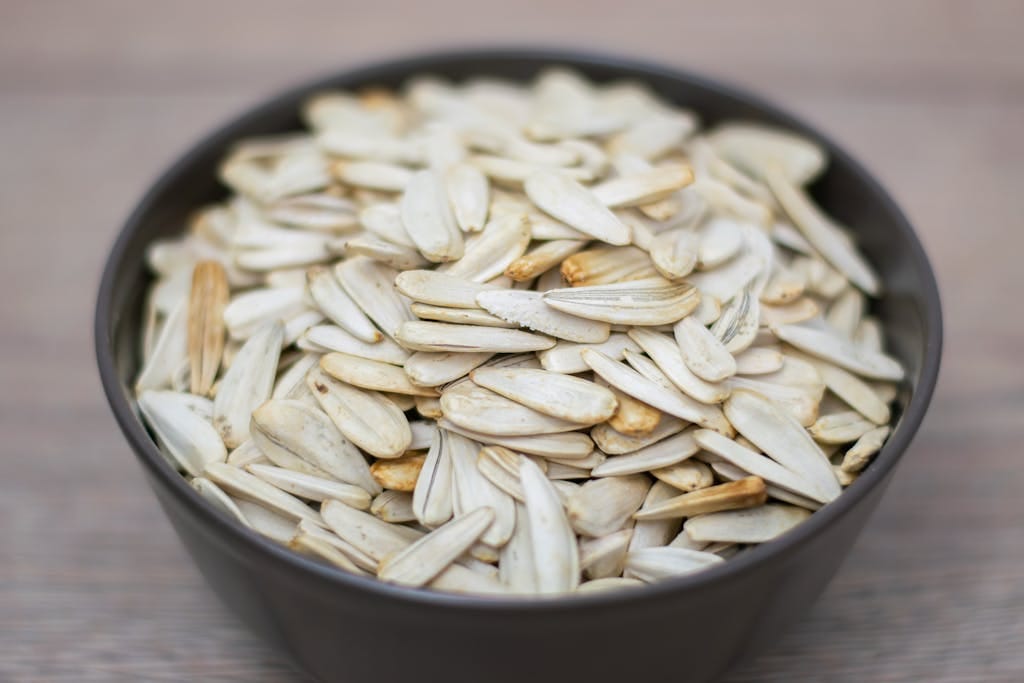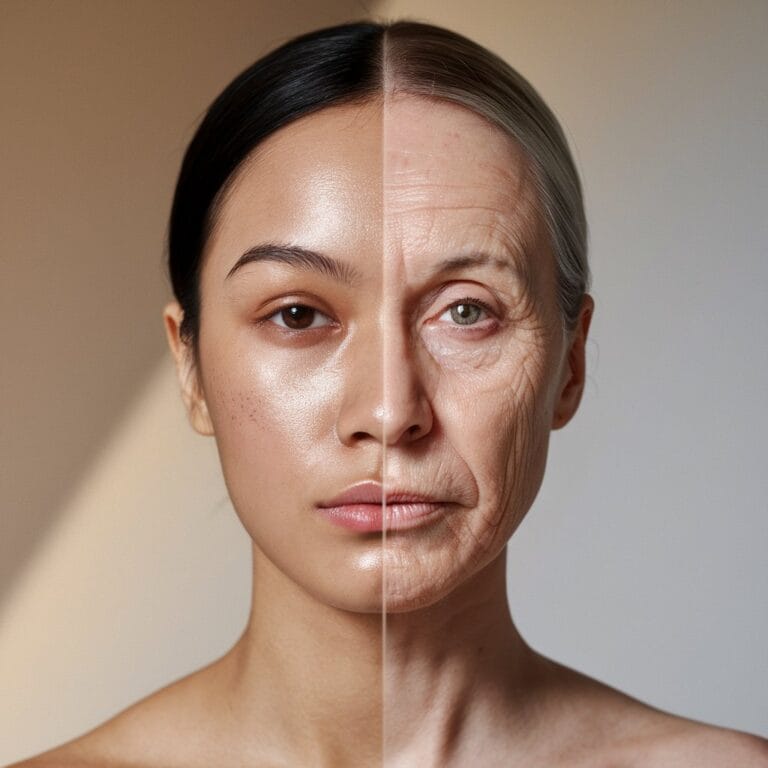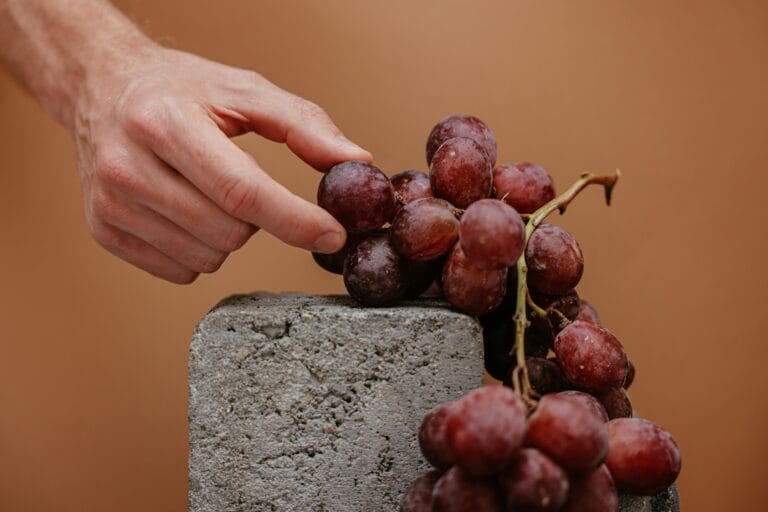FREE SHIPPING OVER $50
This Seed Packs More Protein Than an Egg and Promotes Sleep (But There’s a Catch)
When you think of high-protein foods, eggs, chicken, and whey protein probably come to mind. But what if we told you there’s a seed that packs more protein per gram than an egg and also helps improve sleep quality? Sounds too good to be true, right? Well, this seed exists—but there’s a catch.
Meet Pumpkin Seeds: The Tiny Protein Powerhouse

Pumpkin seeds, also known as pepitas, are often overlooked in the world of high-protein foods. However, they are one of the most nutrient-dense seeds available, offering a remarkable 7 grams of protein per ounce—which is even more than an egg, which contains around 6 grams of protein.
Not only are pumpkin seeds an excellent plant-based protein source, but they’re also rich in:
- Magnesium – Supports muscle function and relaxation
- Zinc – Essential for immune health and hormone balance
- Tryptophan – A key amino acid that promotes sleep
- Healthy Fats – Supports brain function and energy levels
Why Pumpkin Seeds Are Great for Sleep
Pumpkin seeds contain tryptophan, an essential amino acid that the body converts into serotonin and then melatonin—the hormone responsible for regulating sleep.
A study published in Nutrients found that consuming foods rich in tryptophan and magnesium significantly improves sleep quality. Magnesium also plays a vital role in relaxing the nervous system, which can help combat insomnia and promote deeper sleep.
So, if you struggle with getting a restful night’s sleep, incorporating a handful of pumpkin seeds before bed could be a simple and natural solution.
But There’s a Catch…
Despite their impressive nutritional profile, pumpkin seeds do have a few drawbacks to consider:
- Calorie Density – While they’re a fantastic source of protein, pumpkin seeds are also calorie-dense, with around 150 calories per ounce. Overeating them can easily lead to excess calorie consumption.
- Phytic Acid Content – Raw pumpkin seeds contain phytic acid, which can reduce the absorption of certain minerals like iron and zinc. Soaking or roasting them can help reduce phytic acid levels.
- Not a Complete Protein – Unlike eggs, which contain all nine essential amino acids, pumpkin seeds lack some crucial amino acids. Pairing them with other plant-based proteins like quinoa or lentils can help fill the gaps.
How to Add Pumpkin Seeds to Your Diet
The best part about pumpkin seeds is how versatile and easy they are to include in your daily meals. Here are some simple ways to enjoy them:
- Snack on them raw or roasted for a crunchy, protein-packed bite.
- Blend into smoothies for a boost of healthy fats and protein.
- Sprinkle over yogurt or oatmeal for added texture and nutrients.
- Add to salads and grain bowls for a delicious crunch.
- Use pumpkin seed butter as an alternative to peanut or almond butter.
Final Thoughts
Pumpkin seeds are a nutritional powerhouse, offering more protein than an egg while also promoting better sleep. However, they aren’t a complete protein and are calorie-dense, so they should be consumed in moderation.
Whether you’re looking to boost your protein intake or improve sleep quality, pumpkin seeds are a simple and effective addition to your diet—just be mindful of portion sizes!
Related Articles
- 10 Protein Bars You Should Steer Clear Of—Don’t Waste Your Money!
- The 10 Fruits with the Most Protein (Yes, Fruits Can Be Protein-Packed!)
- The Common Breakfast Mistake That’s Stopping You From Losing Weight
- I Lost Over 20 Pounds With This Simple High-Protein Recipe—Here’s How You Can Too
- The #1 High Protein Ingredient You Should Be Adding to Your Breakfasts, According to a Dietitian







